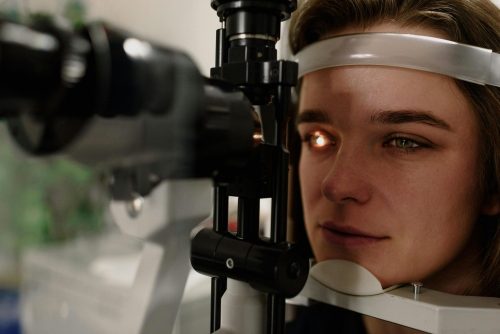An optometrist like Dr. Collins at the Collins Eye Center is a healthcare professional specializing in examining, diagnosing, and treating vision problems. When an issue like poor vision, cataracts, or macular degeneration is found, your optometrist can refer patients for surgery. Sometimes, these surgeries are unsuccessful, and problems still linger, so an optometrist will help correct these. The Collins Eye Center in Brentwood, Tennessee, has methods to help correct your vision when this happens:
Unsuccessful Surgeries We Can Help Correct
Our optometrist, Dr. Collins, conducts the eye exam, and he’ll consult you on whether you want or need surgery. Lasik surgery is voluntary and will help correct your vision without wearing lenses. Diabetic retinopathy is more serious and requires surgery before more complications like blindness occur. Other conditions may include glaucoma, cataracts, and macular degeneration. Other surgeries that might be unsuccessful include:
LASIK and PRK are both laser surgeries that have similar complications, including overcorrection and under-correction of your vision. Sometimes, LASIK might cause astigmatism or night vision issues like glare and halos. PRK may create corneal haze and cloudiness in the cornea. Collins Eye Center might use prescription glasses and lenses, scleral lenses, and vision therapy to help correct these conditions.
Cataract and refractive lens exchange (RLE) surgeries are similar in that they replace the lens to cure conditions like removing the cataract or improving vision by using an artificial lens to replace the natural lens. A corneal transplant replaces corneal tissue from a donor. Glasses, contacts, scleral lenses, and low-vision aids are ways we correct these conditions with Orthokeratology for RLE.
Ways an Optometrists Can Correct These Issues
Collins Eye Center can help correct conditions from unsuccessful surgeries. We’ll diagnose your condition, such as astigmatism or refractive issues, and correct it using methods like corrective lenses, vision therapy, and orthokeratology.
Corrective lenses can help to correct these conditions, including prescription glasses or contacts, scleral lenses, and hybrid contact lenses. Prescription lenses can compensate for unique corneal shapes that cause astigmatism and blurred vision. Scleral lenses are rigid and hold their shape, vaulting over the damaged cornea and resting on the scleral (the white part of the eye), providing clear, stable vision. Hybrid contacts are hard in the center with a soft outer ring, these can be more comfortable with corneal scarring.
Other methods for correcting vision can include orthokeratology (ortho-k), vision therapy, and low vision aids. Ortho-K uses a special gas-permeable contact lens worn overnight to reshape the cornea and provide clear vision throughout the day without lenses. Low vision aids like magnifiers, digital devices, and special glasses can maximize the remaining vision.
Try Correction Before More Surgery
We here at Collins Eye Center know that unsuccessful surgeries can be upsetting, and we want to help. Call us if you are experiencing discomfort or vision problems after your surgery, and we’ll work with you to correct your vision before having surgery again. We’ll help create a treatment plan to address any issues or include prescriptions to help you see again.


